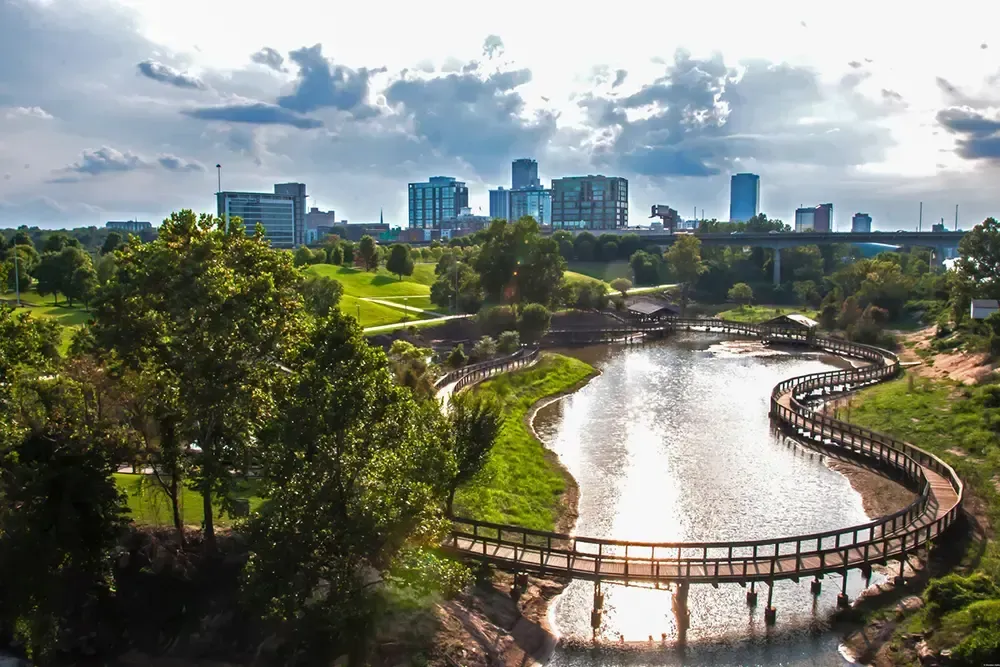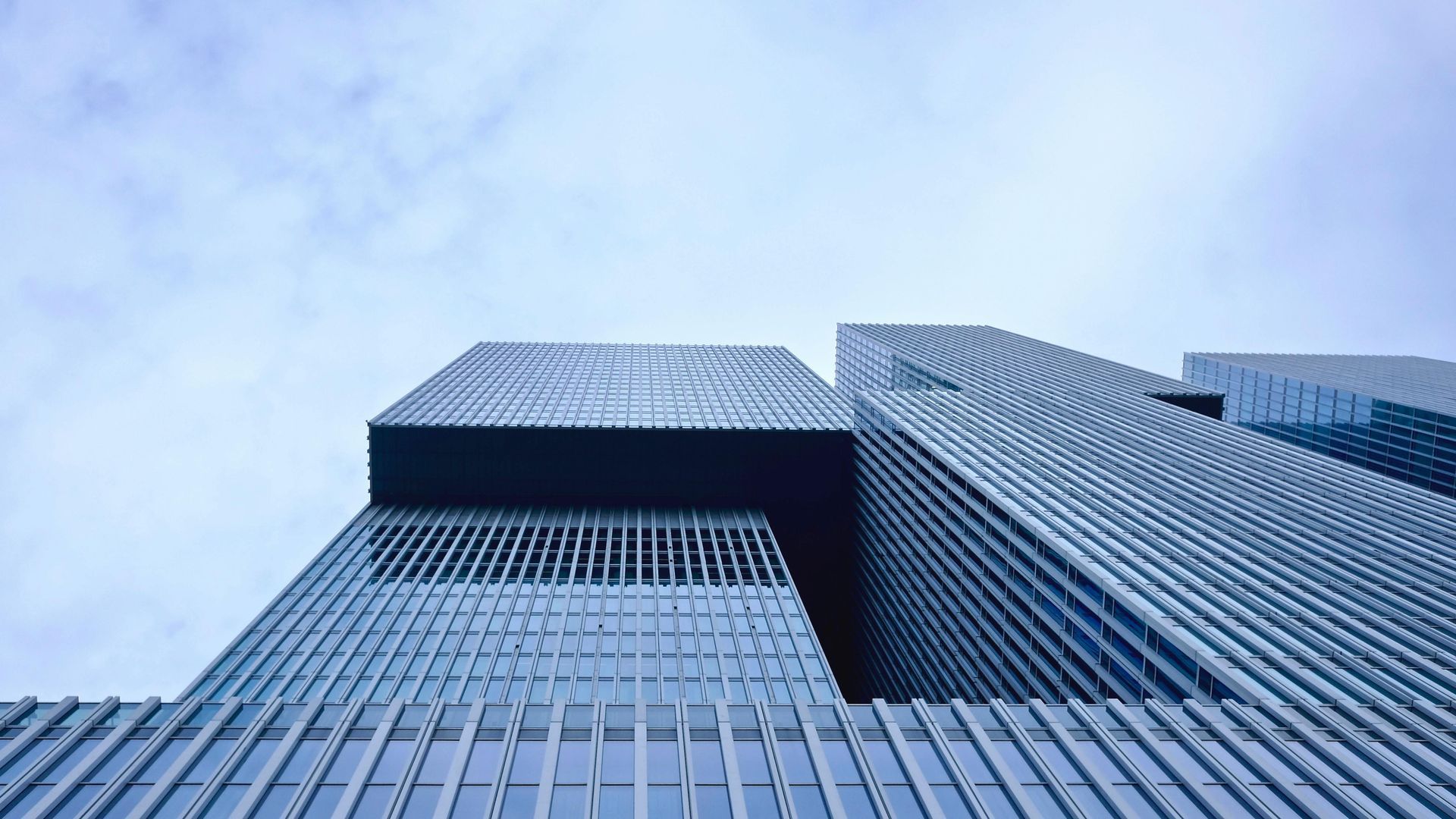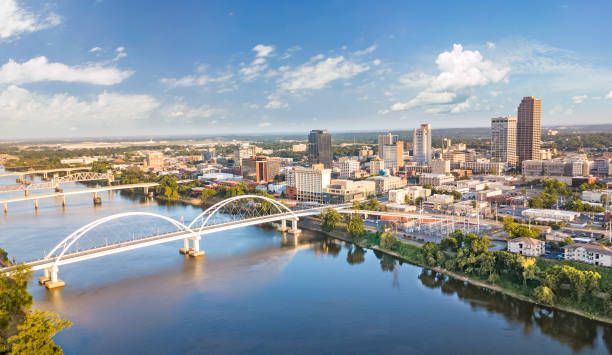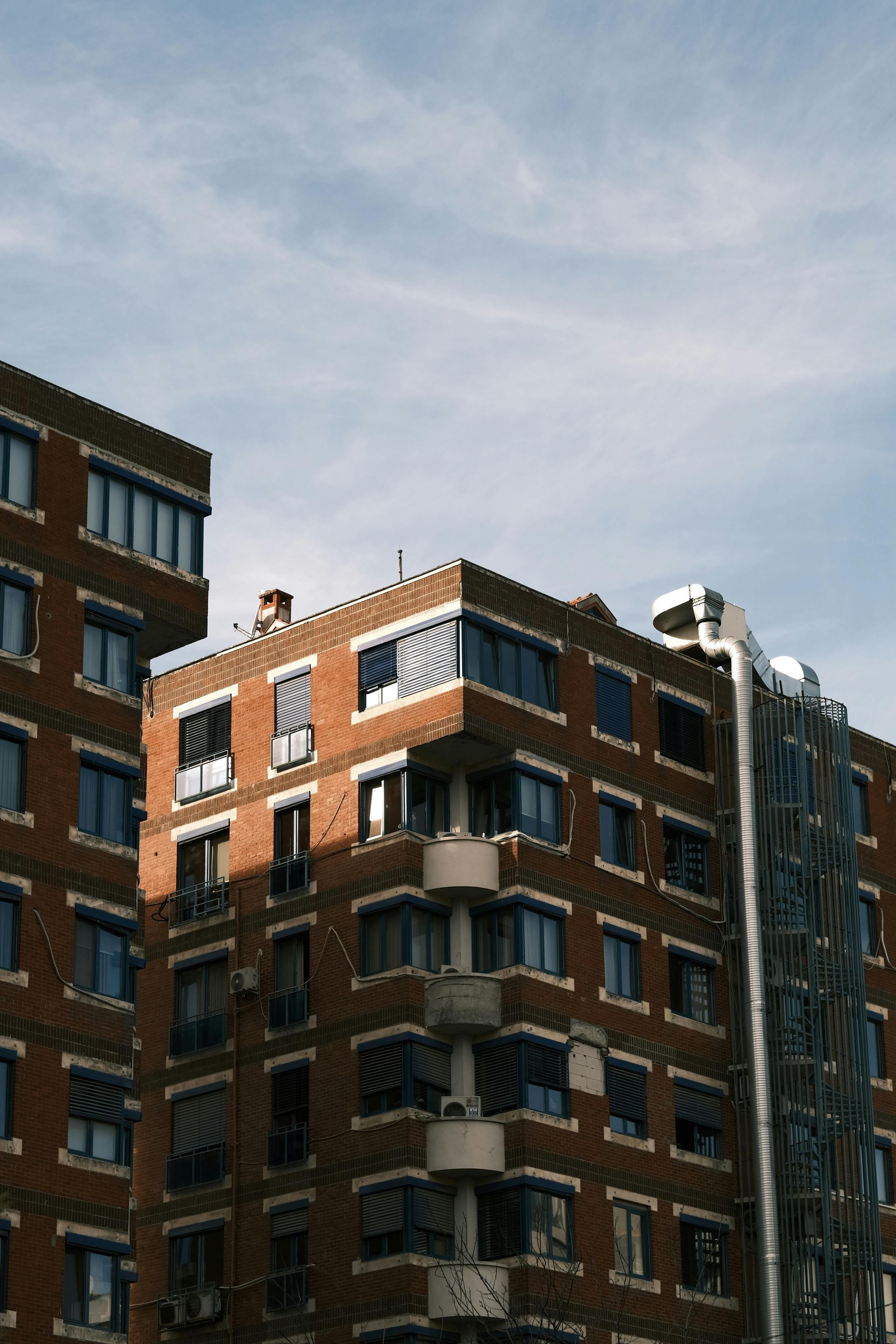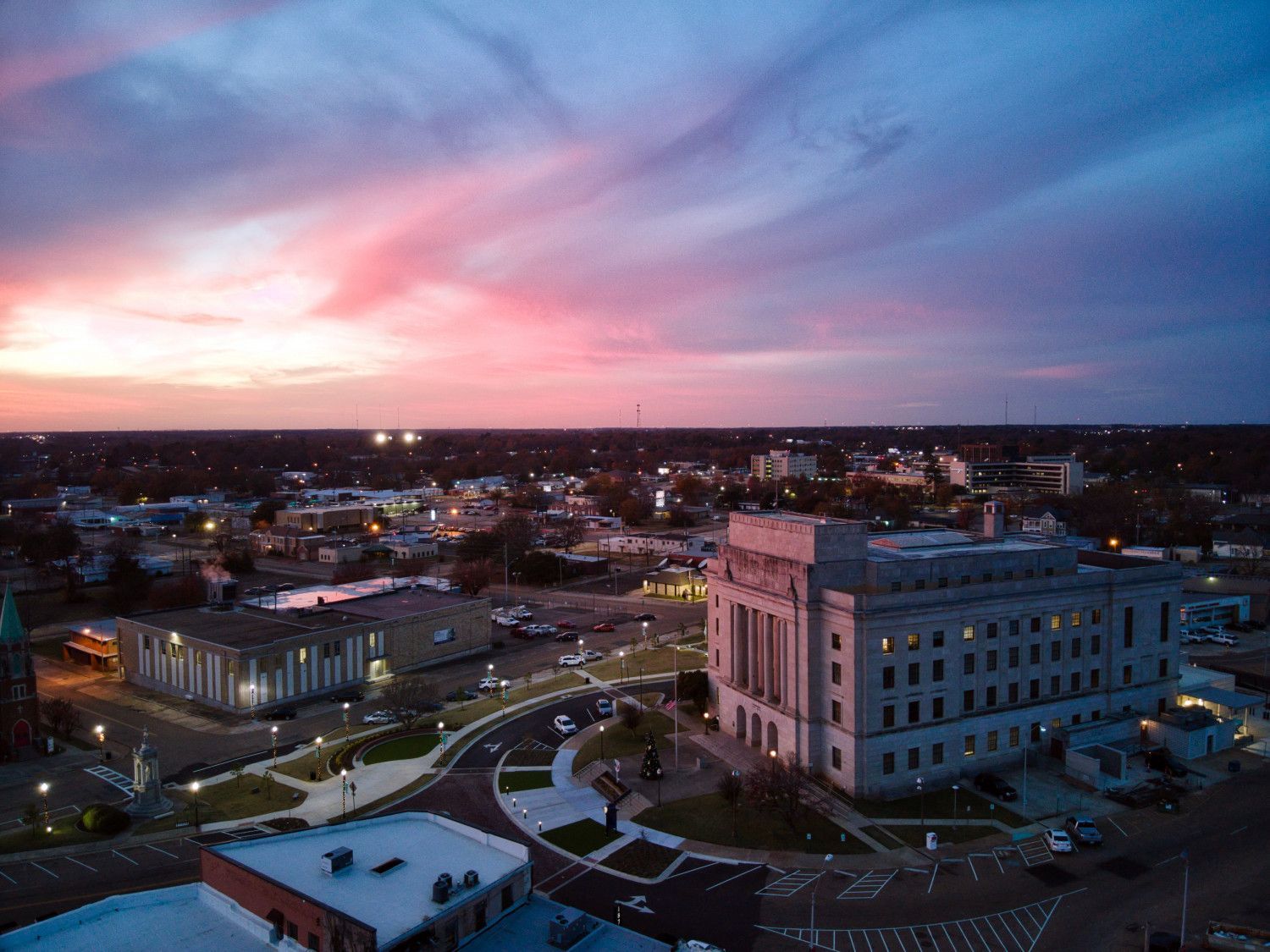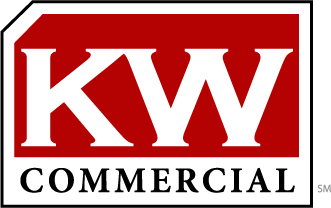Quarter 4 2024: What Arkansas Investors Need to Know
As we approach the final quarter of 2024, Arkansas' commercial real estate (CRE) market is presenting exciting opportunities and challenges for investors.

With a growing economy, strategic development projects, and shifting trends in tenant preferences, it’s crucial to stay informed about the latest market movements.
1. Strong Demand for Industrial Real Estate
Arkansas’ strategic position as a logistics hub, combined with its proximity to key markets, continues to drive demand for industrial real estate. With companies focusing on streamlining their supply chains, we’re seeing a surge in demand for warehousing, distribution centers, and manufacturing spaces, particularly in regions like Little Rock, Conway, and along the I-40 corridor.
2. Office Space Reshuffling: Hybrid Work is Here to Stay
The hybrid work model remains a driving factor in the Arkansas office space market. While some companies are downsizing their office footprints, others are investing in flexible, collaborative office environments. Smaller cities like Fayetteville and Jonesboro are becoming increasingly attractive to businesses seeking affordable and adaptable office spaces outside major metros.
3. Retail Sector Shows Resilience, but with New Trends
Retail isn’t what it used to be, and in Arkansas, we’re seeing a shift toward experiential retail. Brick-and-mortar locations that offer unique customer experiences are thriving, especially in areas like Bentonville and Hot Springs. Investors looking at retail properties should focus on spaces that support lifestyle brands, dining, entertainment, or multi-use options.
4. Multifamily Investments Continue to Be a Safe Bet
Multifamily properties are still one of the safest investment options in Arkansas, with population growth in regions like Northwest Arkansas and Central Arkansas driving strong rental demand. Affordable housing and mid-market apartment complexes, in particular, are showing low vacancy rates and stable rent growth. As interest rates fluctuate, multifamily investments continue to offer a reliable hedge against market volatility.
5. Sustainability is Gaining Momentum in CRE
Sustainability is no longer a niche consideration. Investors in Arkansas are increasingly prioritizing green building practices and energy-efficient properties. Tenants and buyers are looking for eco-friendly solutions, from renewable energy systems to energy-efficient HVACs, especially in commercial office and industrial spaces. This trend is expected to grow into 2025, offering long-term value for properties that embrace sustainability.
6. Opportunities in Rural Commercial Real Estate
While urban areas have traditionally been the focus of CRE investments, Arkansas’ rural regions are seeing a rise in demand for commercial properties. Investors are finding value in rural developments that cater to industries such as agriculture, tourism, and manufacturing. With government incentives and lower land costs, rural Arkansas may provide untapped potential for CRE investors looking to diversify their portfolios.
A Dynamic Market to Close Out 2024
Arkansas’ commercial real estate market remains dynamic as we head into Q4 2024. From industrial growth to office space reshuffling, multifamily stability, and the rise of sustainable buildings, there are numerous opportunities for investors to capitalize on before the year ends. Staying informed and working with a knowledgeable agent is crucial for maximizing your investments.
Ready to take advantage of Arkansas’ Q4 commercial real estate opportunities? Contact Cassie Wells today to schedule a consultation and learn more about the latest market trends. Whether you’re looking to invest, sell, or lease, I’m here to help you make informed decisions that align with your goals.
Cassie Wells
501.993.1973 | Cassiewells.com | cassie@cassiewells.com

